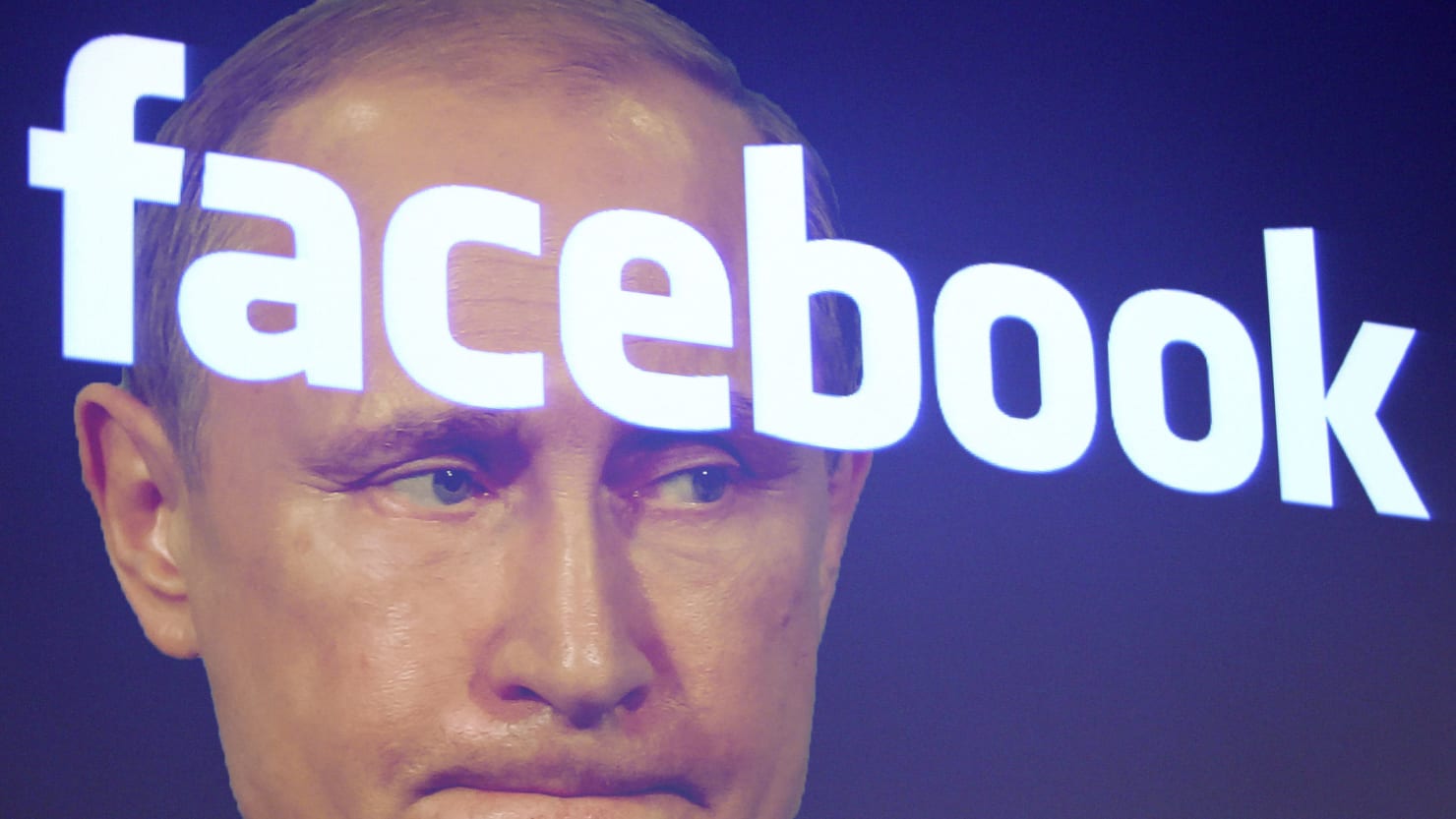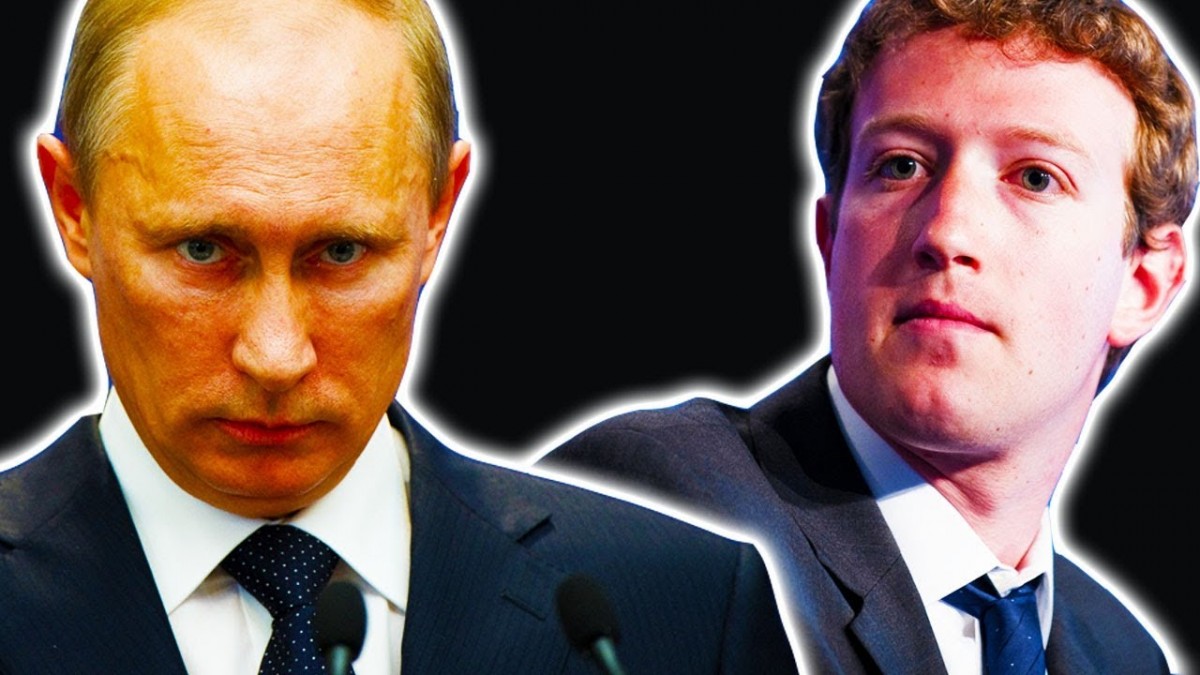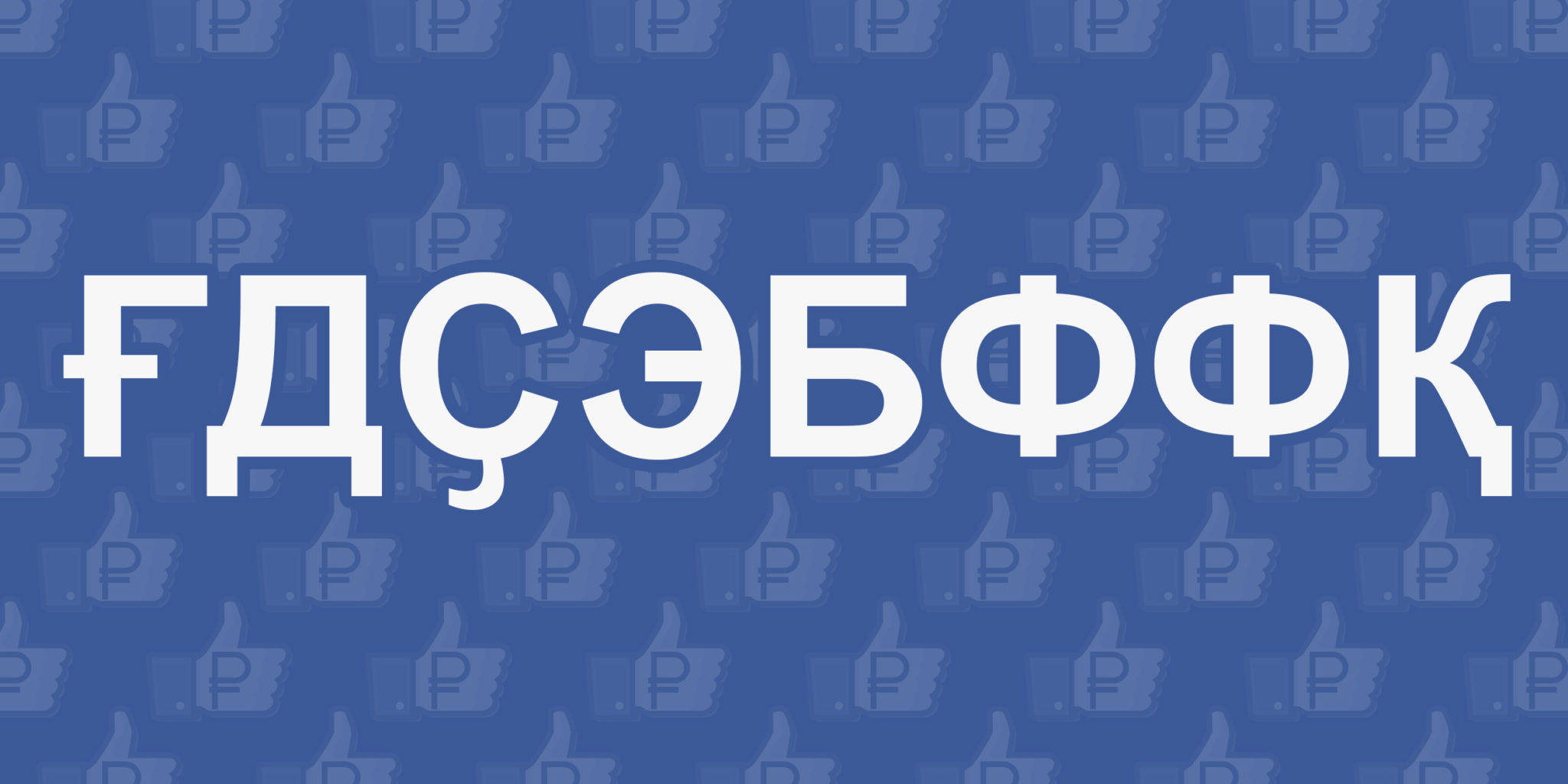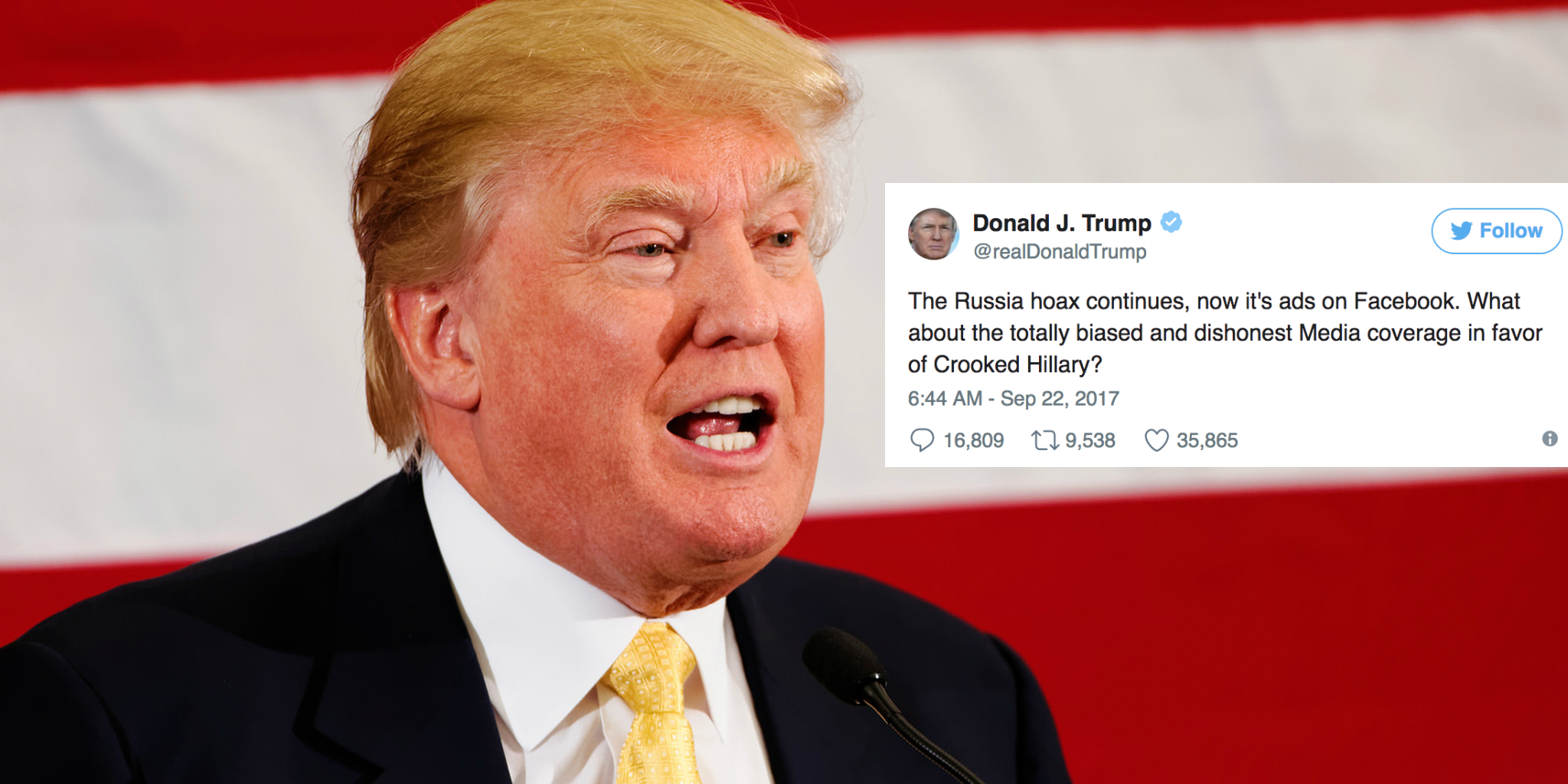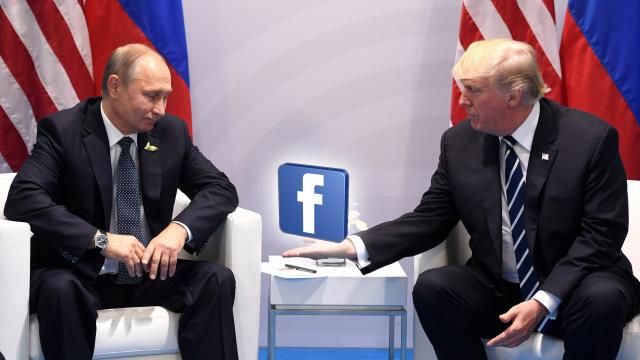
You have likely heard by now that Facebook allegedly sold $100,000 worth of political ads to Russian “interests” during the 2016 presidential election. As of this writing, Facebook has still refused to furnish copies of the suspected ads to investigators working with Congress to unearth the details.
If you’ve been vacuumed into the vortex of outrage that intensified in the wake of these allegations, you’ve probably also noticed much of the public turn its collective glare in Facebook’s direction.
But that’s a mistake. Facebook is bargain-bin malware, and always has been. What exactly were we thinking by giving this much power to a man with a foundational contempt for the concept of privacy in the first place? And shame on absolutely everybody who has so much as whispered about a Zuckerberg presidency. The thought should chill you.
Poisoned Wells
The point is simply this: If you keep drinking from the same poisoned well, it’s nobody’s fault but yours when you die from dysentery. You could have seen it coming, if you’d chosen to.
It wasn't long ago when citizens worldwide cried out in rage as Facebook, attempting to position itself as the internet gatekeeper for the developing world, launched its Internet.org initiative. If there’s a shattered mirror-type alternate universe where the opposite of net neutrality resides, it looks a lot like Internet.org.
Increasingly, it also looks like America. But that’s another story. Or is it? Our own Federal Communications Commission is currently attempting to clamp down access to the Internet in the name of corporate profits. And they’re lying about it. Talk about poisoned wells.
The stupidest thing about Facebook is that it does everything out in broad daylight – and most of us just keep on empowering it to do so. That includes lots of folks who use the service to bleat about the creep of “big government,” with no sense of irony. In fact, there might be no bigger government on Earth right now than Facebook, which boasted 2 billion users in mid-2017 and has an army of the dead trailing in its wake.
So, Facebook has become a repository of zombies, both living and dead. But do we really trust it? Is it even responsible to trust it? For a startling number of people, Facebook is the Internet.
It’s Time for a Reality Check
Back in reality, it’s time to stop blaming the world’s Zuckerbergs for taking advantage of our blind trust and, well, stop giving it to them. We need to collectively recognize that social media is not where we should be getting our news from in the first place.
Facebook has become a particularly polarized and lawless place, where little of consequence is discussed and even less is discussed civilly. On the Internet at large, little of the "real stuff" is talked about in daylight, and most of what's relevant happens behind the scenes.
You might be surprised to learn, for instance, that one of the most watched news shows in the world is Internet-based and has nothing to do with any of the major broadcast networks. You may also be interested to know that Twitter and Google are both buried in allegations that they help “nudge” trending topics on a regular basis.
If you’re still jumping at Cold War-era ghosts instead of exercising a bit of discernment about what scrolls past your Facebook timeline, you’re not helping. A bit of advice: Get off Facebook. Not just during an election, when it’s really easy to look informed but much harder to actually become so. But year-round, when public figures hope you’re not looking.
By accident or by design, the administration of Donald Trump is helping prove just how much shady nonsense happens in Washington when we’re focused on the wrong things. Trump is not a news source. Twitter is also not a news source, but is a hotbed for people who pretend to be – as well as some real citizen journalists who manage to speak the truth rather than repeat the mainstream narrative.
So, get off social media and follow the money. The Internet is pretty much a marketing ghost town these days anyway, with apparently very little oversight. Learn something about how the world works. I’m not even being condescending. I didn’t learn anything of consequence about politics or the economy until after I’d graduated from college. We’re not prepared for any of this, but one thing I’ve learned is high-quality knowledge doesn’t come easy. You have to work for it.
Blame Russia, Blame Facebook — or Blame Ourselves?
American democracy purports to be the world’s most exceptional example of government by and for the people. But that can’t possibly be the case so long as our government remains indistinguishable from the private sector in most respects.
Privately owned “news” networks sell ad space to political organizations. Politicians receive fully legal bribes at fundraising galas and from super PACs which aren't legally required to disclose their donors. Republicans and conservative Democrats champion “competition” and “private-sector” solutions to problems more appropriately handled by a publicly accountable institution like government – a socially democratic one, anyway.
Our current president has wall-building ambitions, so here’s one he could consider: Creating a wall between commerce and democracy.
We also need a clear-cut division between political messaging and any outlet that serves “news stories” as a means of generating profit. Here’s a thought: What if we made it illegal to purchase political ads with anything but public funds? For starters, the “Russian ads on Facebook” problem would vanish.
Most European nations have publicly funded elections. Consequently, their election cycles are shorter than ours, they're far cheaper to run, and they're less likely to encourage loose morals where campaign finance is concerned.
No, it wouldn’t be perfect — but it’d be a start.
The Bubble
More than a few of us grew up on speculative fiction written by the likes of Orwell and Bradbury. They depict a future decided by a wealthy and powerful few who have the means to remove themselves from reality.
These days, however, We the People have more knowledge-seeking tools at our disposal than at any other point in human history. The Internet is nearly omnipresent on Earth. You and almost everybody you know owns a pocket-sized computer that gets orders of magnitude more powerful every year.
So use social media sparingly, and know what you're using it for. Keep in touch with close friends and relatives. Curate your own news instead of letting somebody’s algorithm choose the narrative. Use apps like Feedly, Reeder, Medium, NPR and anything offered by your local or regional news services to find out about human-interest stories.
Don't be fooled. Citizen journalism is alive and well, no matter how dead and intellectually empty most of the Internet might appear. And those Soviet ghosts on Facebook? They’ll rest easier once nobody’s watching.
3 WAYS TO SHOW YOUR SUPPORT
- Log in to post comments

